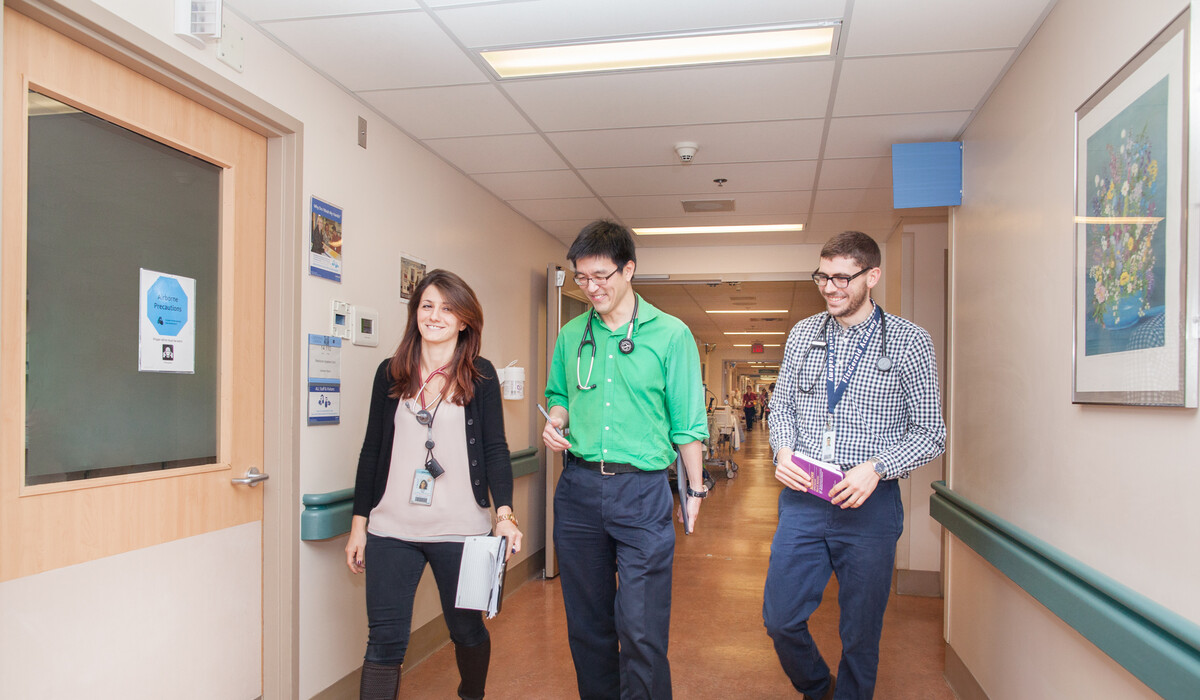Leadership in human health starts here.
There is no better place to start your future in health care than at the University of Toronto Temerty Faculty of Medicine. When you get a degree from a university with an award-winning faculty and a worldwide reputation in academic excellence and research, your ability to make an impact is boundless. Explore this page to discover the unparalleled opportunities waiting for you.
Feb 23, 2026
As the AbbVie Chair in Ethnodermatology, Temerty Medicine alumna and professor Marissa Joseph will bring long-term focus and leadership to a field centred on improving how dermatologic care is experienced by people of different ethnicities and skin types.
Feb 20, 2026
A new study from a team of Canadian and German researchers has uncovered never-before-seen details about what happens to proteasomes, the cell’s garbage disposal system, when there is not enough energy.
Feb 19, 2026
Renowned U of T researcher University Professor Lewis Kay's work has allowed scientists to study how molecular movements drive health and disease – potentially unlocking new cures
Upcoming Events
Feb 2
–
Mar 30
Ted Rogers Centre for Heart Research Education Fund Competition
Other |
9:00am - 9:00pm
Feb 10
–
Mar 10
Virtual Culinary Medicine Series
6:00pm - 7:30pm
Feb
23
CPD Forum Webinar: Equity, Ethics, and AI in Program Development
Webinar |
12:00pm - 1:00pm
Feb
24
Get Talking! Dispelling Myths Around Hospice and Palliative Care: A Focus on Advance Care Planning
4:00pm - 6:00pm
Departments, Institutes and Centres




